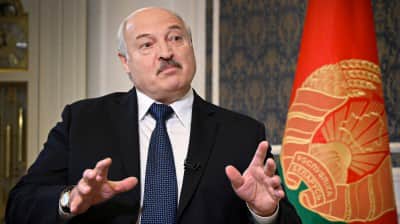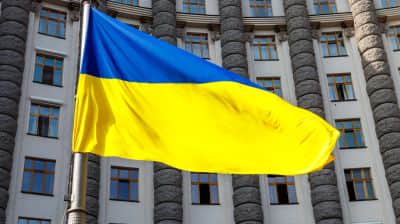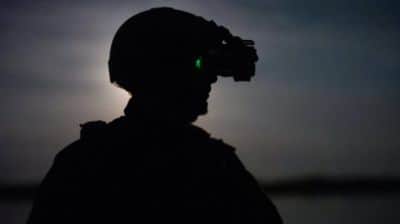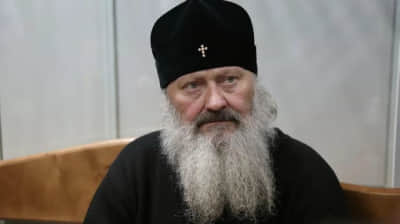"Anyone can be taught this": Combat medic describes his work in evacuation team – photo
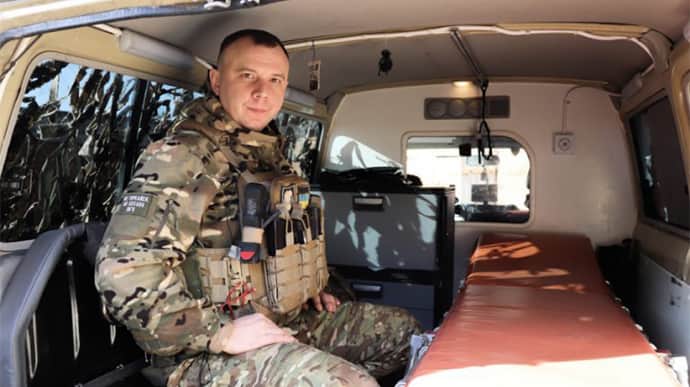
"Tsyba" is a military medic who works in the evacuation group of the Spartan Brigade. He took up tactical medicine at the beginning of the full-scale invasion and now has almost two years of combat experience under his belt.
"Anyone can become a combat medic," the National Guard quoted Tsyba as saying.
Tsyba’s evacuation team consists of a medic and a driver. Their main task is to respond quickly to calls and stabilise wounded soldiers for their onward evacuation to a stabilisation point.
"The protocol is not complicated, but every detail and every minute is important, because this is about people's lives," Tsyba says.
The knowledge he gained while studying to become a paramedic has only been partially useful to him, he says, as tactical medicine is different from civilian medicine.
"The difference is that on the front line, speed and consistency of actions play a key role. This can be taught to anyone, so anyone can become a combat medic. Wanting to is the key," the National Guard member says.
The tools you have to help the wounded – the equipment in the evacuation vehicle and the medic's personal backpack – also matter.
In particular, the vehicle should have rigid and soft stretchers. The latter are usually used to transport the wounded or if they need to be taken out of somewhere, Tsyba says.

"You need a backpack containing everything we need to provide medical care while we are transporting the soldier: bandages, dressings, drips and painkillers. The backpack is also essential when heading for a position.
If the [wounded] person is inside the car, we have everything we need there: tourniquets, bandages, gloves, scissors to cut through their armoured vest, syringes, dressings, occlusive dressings and bandages. All of this is needed to get the person to a stabilisation point," Tsyba says.
The medic says there are difficult moments in his work, but also enjoyable ones that inspire him to go on serving.
"Our crew has saved more than a hundred soldiers’ lives over the course of our work. It's nice to be able to provide help, saving the lives of our guys and seeing them recover," the medic added.
Earlier, we reported on a pickup truck dubbed Frankenstein that has saved many soldiers.
Support UP or become our patron!


